കേരളത്തിൽ ദളിത് സ്ത്രീ സംവാദവും മുഖ്യധാരാ ഫെമിനിസവും തമ്മിലുള്ള അകലം ഇന്നും നിലനിൽക്കെ, ഇരുപത്തൊന്നാം നൂറ്റാണ്ടിന്റെ തുടക്കത്തിൽ ഇതേക്കുറിച്ചു രേഖാരാജ് എഴുതിയ ഈ ലേഖനം ഇവിടെ പുനഃപ്രസിദ്ധീകരിക്കുന്നു.
Read more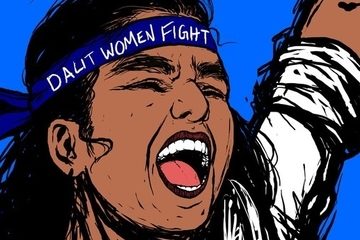
A Kerala Studies Blog

കേരളത്തിൽ ദളിത് സ്ത്രീ സംവാദവും മുഖ്യധാരാ ഫെമിനിസവും തമ്മിലുള്ള അകലം ഇന്നും നിലനിൽക്കെ, ഇരുപത്തൊന്നാം നൂറ്റാണ്ടിന്റെ തുടക്കത്തിൽ ഇതേക്കുറിച്ചു രേഖാരാജ് എഴുതിയ ഈ ലേഖനം ഇവിടെ പുനഃപ്രസിദ്ധീകരിക്കുന്നു.
Read more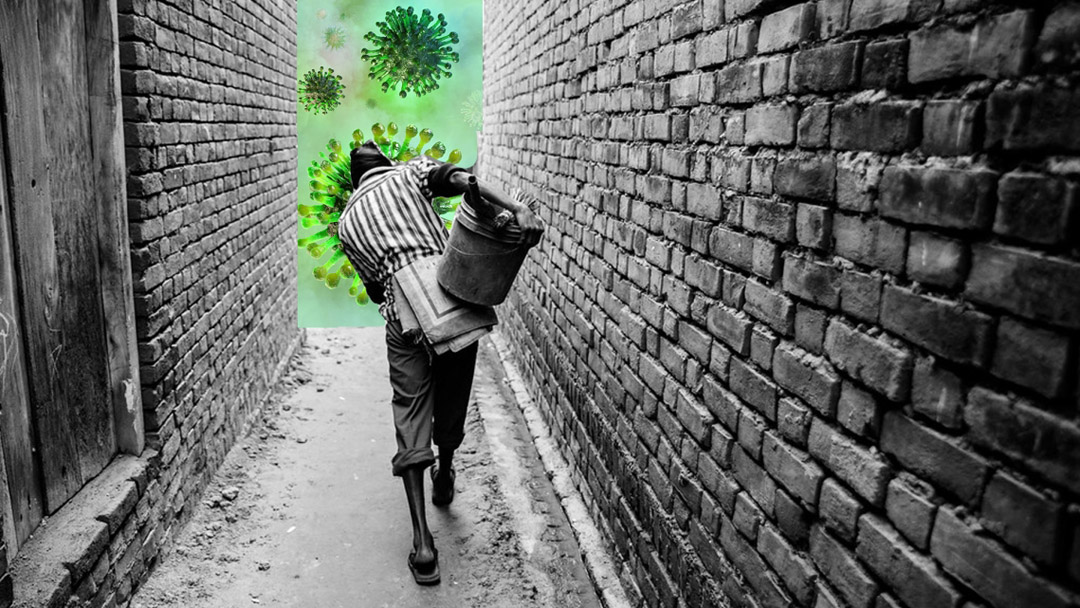
S. Harikrishnan explores why the imagery and language used to popularise measures necessary for tackling the coronavirus pandemic have sparked attempts to peddle ‘scientific reasons’ for untouchability.
Read more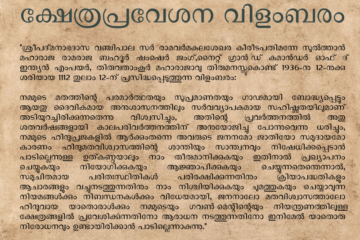
The Temple Entry Proclamation is considered a pivotal moment in Kerala renaissance. Jenny Rowena delves into lesser known facets of the temple entry movement to interrogate the Malayalee consensus about the movement as one which granted rights to oppressed lower castes and ushered in a renaissance period in Kerala.
Read more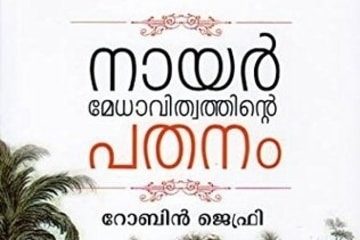
In part two of the interview by P. C. Saidalavi, Robin Jeffrey speaks about his body of work on Kerala, and his recent work on South and Southeast Asia.
Read more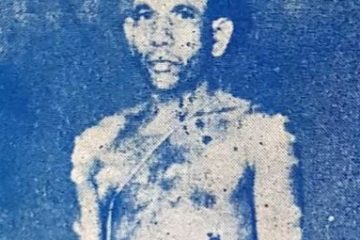
Traditional elites harboured peculiar notions of purity and pollution in pre-modern Kerala, which were revised by the neo-savarna of twentieth-century. This article reflects on notions of personal hygiene, cleanliness and clothing, using two excerpts from early-modern Kerala.
Read more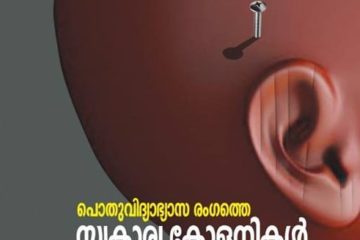
How accessible is Kerala’s much-lauded public education system? Sreejith reviews O.P Raveendran’s new book that explores this question by[…]
Read more
The impact of caste, religion and the changing dynamics of medicalization on eattummas–the traditional Islamic postnatal caregivers of north Malabar.[…]
Read more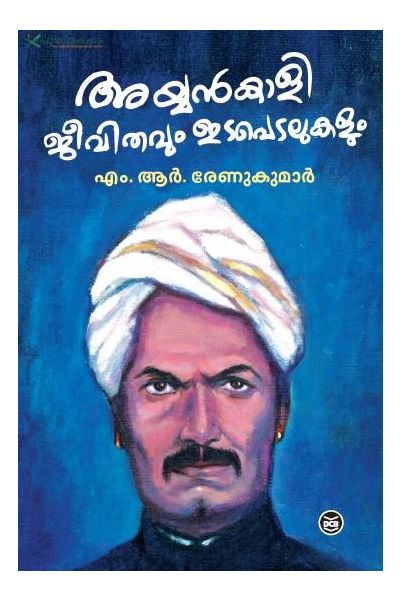
കുഞ്ഞികൃഷ്ണൻ. വി ദലിത് ചരിത്രരചനയും വായനയും കേരളത്തിന്റെ ജനാധിപത്യ-രാഷ്ട്രീയ വ്യവഹാരങ്ങളിൽ അലയൊലികൾ തീർക്കുന്ന ഒരു കാലഘട്ടത്തിലാണ് കവിയും കഥാകൃത്തുമായ എം.ആർ രേണുകുമാറിന്റെ “അയ്യൻകാളി: ജീവിതവും ഇടപെടലുകളും”[…]
Read more